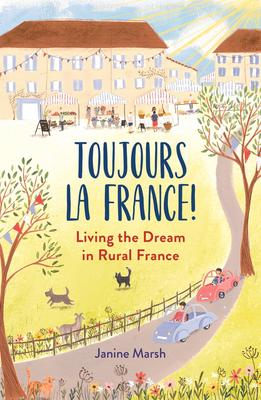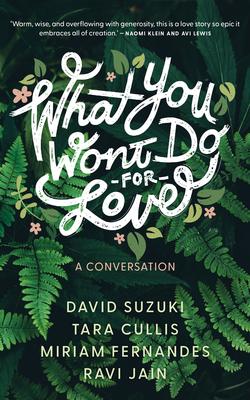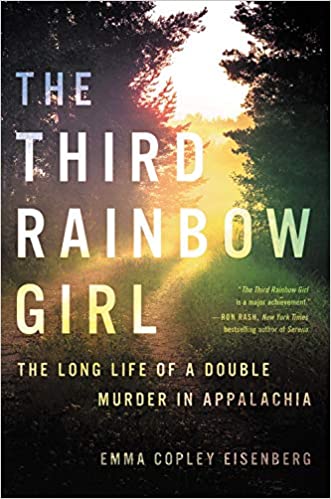We Are Still Here edited by Nahid Shahalimi
A collection of first-hand accounts from courageous Afghan women who refuse to be silenced in the face of the Taliban.
After decades of significant progress, the prospects of women and girls in Afghanistan are once again dependent on radical Islamists who reject gender equality. When the United States announced the end of their twenty-year occupation and the Taliban seized control of the country on August 15, 2021, a steep regression of social, political, and economic freedoms for women in the country began.
But just because a brutal regime has taken over doesn't mean Afghan women will stand by while their rights are stripped away. In We Are Still Here, artist and activist Nahid Shahalimi compiles the voices of thirteen powerful, insightful, and influential Afghan women who have worked as politicians, journalists, scientists, filmmakers, artists, coders, musicians, and more. As they reflect on their country's past, stories of their own upbringing and the ways they have been able to empower girls and women over the past two decades emerge. They report on the fear and pain caused by the impending loss of their homeland, but, above all, on what many girls and women in Afghanistan have already lost: freedom, self-determination, and joy.
The result is an arresting book that issues an appeal to remember Afghan girls and women and to show solidarity with them. Like us, they have a right to freedom and dignity, and together we must fight for their place in the free world because Afghanistan is only geographically distant. Extremist ideas know no limits.
Toujours La France by Janine Marsh
Following on from her hugely popular books, My Good Life in France and My Good Year in France, ex-pat Janine Marsh shares more heart-warming and entertaining stories of her new life in rural France.
Since giving up their city jobs in London and moving to rural France over ten years ago, Janine and husband Mark have renovated their dream home and built a new life for themselves, adjusting to the delights and the peculiarities of life in a small French village.
Including much-loved village characters such as Mr and Mrs Pepperpot, Jean-Claude, Claudette and the infamous Bread Man, in Toujours La France Janine also introduces readers to some new faces and funny stories, as she and Mark continue their lives in this special part of northern France. With birthday parties, rural traditions, christenings and even a funeral, there is never a quiet moment in the Seven Valleys.
Meet Me in Cairo by Jim Kerr
In 1964, two best friends left their comfortable and sheltered life in small-town British Columbia to explore the world together. Short on cash but high on youthful hubris, they made their way through Europe, then to North Africa, then further on to the Middle East, and finally back home through Europe once more on just over two dollars a day. Following their travels, Meet Me in Cairo offers a rare first hand account of world historical moments, such as post-independence Algeria, pre-1967 War Jerusalem, and a divided Berlin, by two ragtag hitchhikers on the journey of a lifetime.
One Man in His Time – A Memoir by Michael Audain
The unlikely and riveting story of how a left-wing activist became one of BC’s most accomplished business leaders and philanthropists, championing projects in the visual arts and innovation in Canadian wildlife protection and sustainability.
The Third Rainbow Girl: The Long Life of a Double Murder in Appalachia by Emma Copley Eisenberg
In the afternoon or early evening of June 25, 1980, two young women, Vicki Durian and Nancy Santomero, were killed in an isolated clearing in rural Pocahontas County West Virginia. They were hitchhiking to an outdoor peace festival known as the Rainbow Gathering, but never arrived. Their killings have been called “The Rainbow Murders.”
For thirteen years, no one was prosecuted, though suspicion was cast on a succession of local men. In 1993, the state of West Virginia convicted a local farmer named Jacob Beard and sentenced him to life imprisonment. Later, it emerged that a convicted serial killer and diagnosed schizophrenic named Joseph Paul Franklin had also confessed. With the passage of time, as the truth behind the Rainbow killings seemed to slip away, its toll on this Appalachian community became more concrete—the unsolved murders were a trauma, experienced on a community scale.
Emma Copley Eisenberg spent five years re-investigating these brutal acts, which once captured the national media’s imagination, only to fall into obscurity. A one-time New Yorker who came to live in Pocahontas Country, Eisenberg shows how that crime, a mysterious act of violence against a pair of middle-class outsiders, came to loom over several generations of struggling Appalachians, many of them
laborers who earned a living farming, hauling timber, cutting locust posts, or baling hay—and the investigators and lawyers for whom the case became a white whale.
Part “Serial”-like investigation, part Joan Didion-like meditation, the book follows the threads of this crime through the history of West Virginia, the Back-to-the-Land movement, and the complex reality contemporary Appalachia, forming a searing portrait of America and its divisions of gender and class, and its violence.












